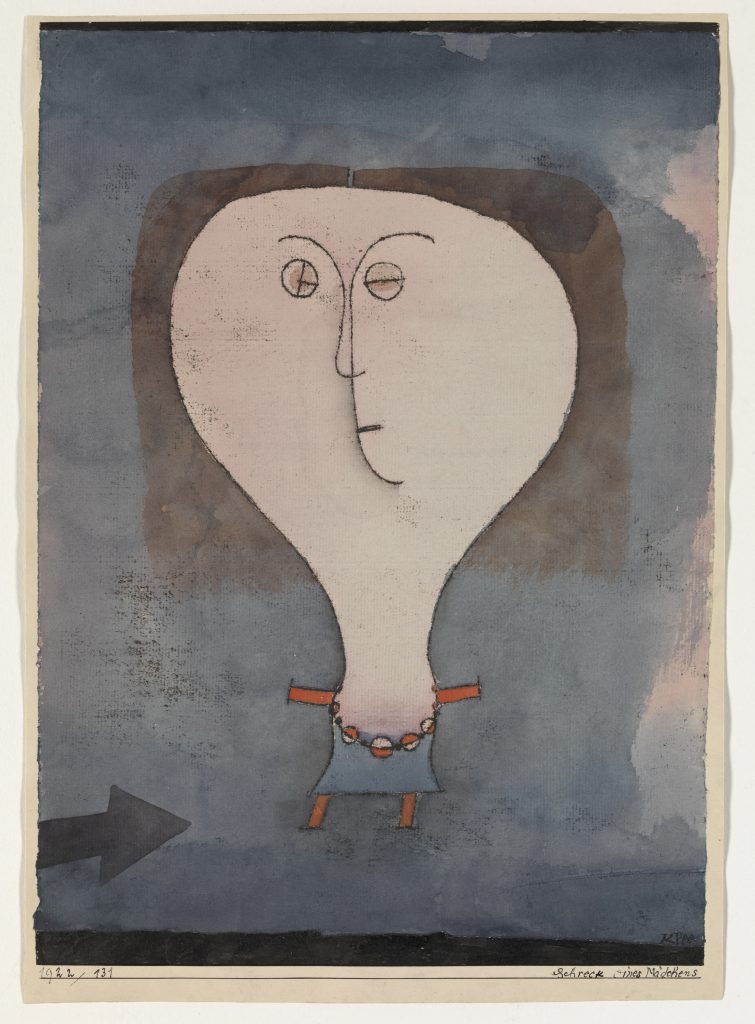Relationships • Parenting
Parenting and People-Pleasing
People pleasing doesn’t at first glance look like a symptom of anything other than being a lovely person. What could possibly be the problem with someone who is always ready to smile, to be pleasant, to agree and not to be obstructive? In a difficult world, wouldn’t we want there to be ever more people-pleasers at large?
But people-pleasers don’t smile because they want to, they do so because they strongly feel they have to. They suffer from a rigid compulsion to please that has origins in a difficult past and will be active whomever they are with, including bullies, bores and scoundrels. It doesn’t occur to them that they could ever be anything other than at the mercy of the intentions of those around them.

People-pleasers have not had the luxury of being allowed to express their own emotions in line with their actual natures. Somewhere in the past, there would have been some strict rules in operation that made it clear whom they had to obey: ‘Make a fuss like that again and you’ll never be forgiven.’ ‘What do you think the neighbours will make of this kind of attitude!’ ‘If you keep asking, mummy is going to have a nervous breakdown.’ ‘Don’t cause complications for your father, we all depend on him and he’s very tired.’
Proper emotional development requires that, at a young age, a child should be given a degree of leeway to speak its mind to people who are far bigger, busier and more powerful than they are. Were they to be sad, the child could cry. Were they to be angry, they could be cross. Were they to be in despair, they could — every now and then — throw themselves on the floor and complain that everything was awful. In other words, the small child could have permission to be themselves — even if it meant displeasing others. And from this, they would pick up a sense that their deep self, including their sorrow and anger, had its place in the world. They would know how to be both polite and real.
Trauma flows when no such guarantees are ever given, when all affection is dependent on obeying communal rules and there is no experience of unconditional love.
It’s against such a background that the characters of people pleasers are formed in all their tell-tale compliance, inauthenticity, manic smileyness, lack of confidence and emollience. People pleasing traits have nothing at all to do with an authentic love of being agreeable; they have to do with a terrified wish to pacify other people who are interpreted — on the basis of early role models — as being always at risk of unbearable cruelty, fragility and anger.
It’s nice to smile; it’s a true achievement to know how to dare to stay impassive, make a polite fuss or sometimes start to cry — in line with our authentic needs.


















